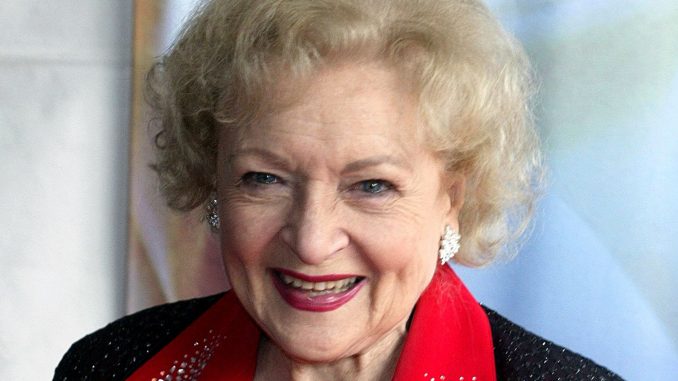
Emmy Award-winning actress and comedy legend Betty White died at the age of 99 on Dec. 31, just weeks before her centennial birthday. To millions, she was “America’s sweetheart” best known for her iconic TV roles in “Golden Girls” and “The Mary Tyler Moore Show.” Younger generations knew her for her peppy personality and snarky humor that solidified her place in pop culture. But there was another side to White, one that was committed to social justice.
In the 1950s and ’60s, White championed diversity and inclusion issues, a brave and controversial act at the time. In 1954, she took a public stance against racism when she bucked complaints about having a Black performer on her TV show. She championed LGBTQ rights over the years, starring alongside queer characters in “The Golden Girls,” and she later spoke out in favor of marriage equality in 2014. In 2018, White supported disability rights as a major donor to Guide Dogs for the Blind, and she also starred in several public service announcements for AARP, an organization supporting older Americans. The actress and comedian understood how to use her platform beyond entertainment, lifting the visibility of marginalized communities.
“Betty White understood the power of television to shape American culture and used it to bring light to issues and people that were misunderstood or vilified,” said Ruben Gonzales, the executive director of LGBTQ Victory Institute, a nonprofit that supports queer leaders running for office.
A firm public stance against racism
In 1954, White had a daily TV show on NBC. One of the entertainers that appeared on her show was Arthur Duncan, a Black tap dancer, The Washington Post reported.
“All through the South, there was this whole ruckus,” White recounted in a 2018 documentary “Betty White: First Lady of Television.” “They were going to take our show off the air if we didn’t get rid of Arthur, because he was Black.”
But White didn’t cave to the racism.
“I said, ‘I’m sorry, but, you know, he stays,’” she said. “‘Live with it.’”
In the documentary, Duncan credited his appearance on White’s show as the launch of his career. The show was canceled several months after Duncan’s appearance, civil-rights activists noted.
“Her willingness to stand up for Arthur Duncan and her show reflects that kind of woman she was from the start,” said Andrew Stoner, the author of the 2012 biography “Betty White,” which is being updated to reflect the last nine years of her life and is set for republication later this month.
A trailblazer for queer rights
With “The Golden Girls,” White starred in a show that addressed the stigma and misinformation surrounding HIV and AIDS amid the epidemic, which spiked in the 1980s. She also starred alongside gay and lesbian characters in the show at a time when depicting queer people on television was taboo.
“It was bold — as was her early support for LGBTQ equality — and it fueled so many LGBTQ people’s love both for Betty and her iconic characters,” Gonzales said.
To read this article in its entirety at the CentralTribune.com, click here.
